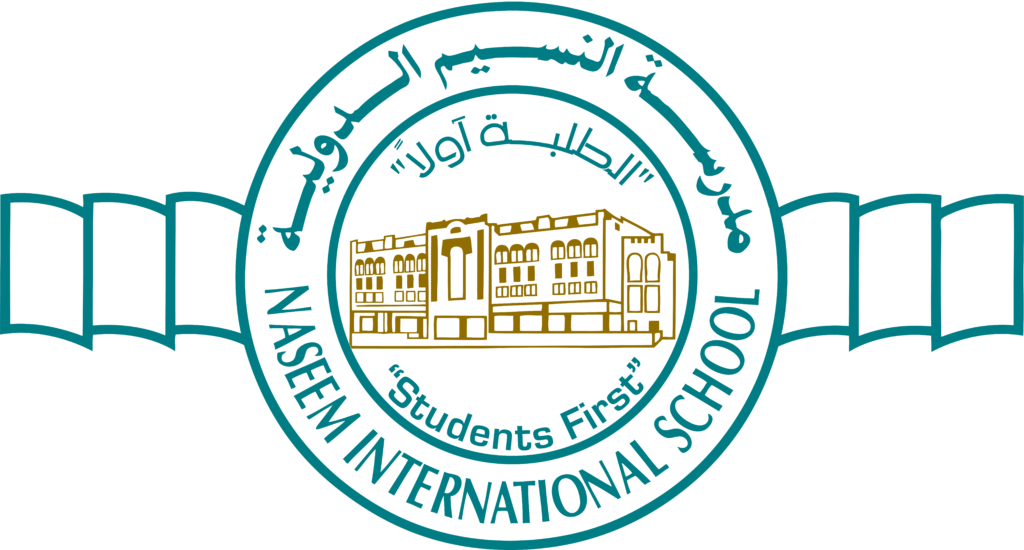Unlocking Futures with The IB DP Diploma
IB DIPLOMA PROGRAMME (DP) - Authorized in 1996
What Is the Diploma Programme (DP)?
The International Baccalaureate Diploma Programme (IB DP) was established in 1968 to provide an international, and internationally recognized, university-entrance qualification for students studying outside of their home country. The IB’s goal is to provide students with the values and opportunities that will enable them to develop sound judgment, make wise choices, and respect others in the global community.The IB Diploma Programme emphasizes academic achievement, critical thinking, research skills and community service. It has been operating world-wide for just over 50 years and is in place in 3421 schools in over 157 countries around the world. As the programme has grown, so too has its reputation for excellence; the IB DP is now recognised in almost every country in the world as one of the pre-eminent pre-university qualifications.
What the DP offers students
Through the DP, schools are able to develop students who:
- have excellent breadth and depth of knowledge
- flourish physically, intellectually, emotionally and ethically
- study at least two languages
- excel in traditional academic subjects
- explore the nature of knowledge through the programme’s unique theory of knowledge course.
Which DP Subjects Are Offered at NIS?
To be eligible for the IB Diploma, each DP student is required to follow six IB Diploma courses, either at Higher Level (HL) or Standard Level (SL), with one subject taken from each group in the curriculum model:
Group 1: Language and Literature
Options available at NIS:
- English A: Language & Literature
- Arabic A: Language & Literature
- Other language – self-taught (Standard Level only).
Group 2: Language Acquisition
Options available at NIS:
-
- Arabic Abinitio
- English B
- Arabic B
Group 3: Individuals and Societies
Options available at NIS:
- Business Management
- Economics
- Environmental Systems and Societies (Standard level only).
- ITGS (Information Technology in a Global Society)
- Psychology
Group 4: Experimental Sciences
Options available at NIS:
- Biology
- Chemistry
- Environmental Systems and Societies (Standard Level only)
- Physics
Group 5: Mathematics
Options available at NIS:
- Mathematics Analysis and Approaches
- Mathematics Applications and Interpretation
Group 6: The Arts and electives
Options available at NIS:
-
- Visual Arts
- An additional subject from groups 3 or 4
All IB Diploma students must choose three courses at Higher Level (HL) and three courses at Standard Level (SL).
What Are the Core Elements of the DP?
Theory of Knowledge (TOK)
TOK is a question-based subject in which students investigate their own knowledge and what it means to know. In it, students examine different knowledge disciplines, and investigate how knowledge develops in and across these. Students come to recognise their own personal, ideological and cultural assumptions, and over time come to understand other perspectives, as well as gain an understanding and appreciation of the diversity of cultural perspectives.
Extended Essay
The Extended Essay (EE) gives students the opportunity to research a topic of special interest to them. It consists of a 4000 word research paper, which is an excellent preparation for undergraduate study and is particularly valued by universities around the world. Students develop skills in analysis, synthesis, evaluation and communication, and thoroughly engage in a personal exploration of their self-formulated research question.
Creativity Action Service (CAS)
IB Diploma students all have to take part in real, purposeful activities involving creativity, activity and service. The very best activities are initiated by the students themselves, and have significant outcomes. Students are encouraged to work in teams, challenging themselves and each other. Learning and personal reflection on their experiences are fundamental to high-quality activities, as is the ability to plan and review progress.
Based on information on:
https://www.isparis.edu/curriculum/dp#fs-panel-9206
https://www.ibo.org/programmes/diploma-programme/
https://www.ibo.org/digital-toolkit/logos-and-programme-models/
NIS CAS (CREATIVITY ACTIVITY AND SERVICE ) PROGRAMME
At the heart of our IB Diploma you will find Creativity, Activity & Service (CAS). We believe that it is an integral part of the IB mission to support students in “developing a personal value system that guides their lives as thoughtful and active members of local and global communities”.
CAS is not only a grade earned towards graduating, but it is a life lesson that enhances a child’s knowledge, abilities and skills to becoming an active, responsible and effective member of society. “CAS is intended to be a collection of enjoyable and challenging experiences determined by students to extend their abilities.”
“Creativity” encourages students to explore and extend ideas that will lead to an original, interpretive and productive performance. ‘Activity’ teaches students to lead a healthy lifestyle through physical activities. ‘Service’ is the collaborative and reciprocal engagement with the community in response to authentic needs.
In the process of completing CAS, specific learning outcomes students must complete the following:
- Identify their own strengths and develop areas for growth
- Demonstrate the challenges that have been undertaken, developing new skills in the process
- Demonstrate how to initiate and plan a CAS experience
- Show commitment to and perseverance in CAS experiences
- Demonstrate the skills and recognize the benefits of working collaboratively
- Demonstrate engagement with issues of global significance
- Recognize and consider the ethics of choices and actions

